Editorial: The functional food market in Vietnam is growing rapidly, but also has many potential risks regarding quality and origin. A series of cases of production and trading of fake and poor quality functional foods discovered recently have sounded the alarm about consumer health safety.
Dan Tri Newspaper carries out a series of articles "Functional foods: Understand correctly to use correctly" , to help readers clearly identify the difference between drugs and functional foods, and at the same time provide empirical information and recommendations from experts to avoid buying fake and counterfeit goods and use supplements properly and safely.
According to the Ministry of Health , functional foods (FF) were introduced to Vietnam in 2000. At that time, there were only a few companies mainly trading and importing them under the name of "medicinal foods". But in just a short time, this product quickly developed vigorously in the domestic market.

Many boxes of functional foods were thrown away in vacant lots in Ho Chi Minh City recently (Photo: NT).
Vietnam's functional food market: Great opportunities with real risks
The Food Safety Department (Ministry of Health ) said that by 2015, Vietnam had more than 3,000 establishments producing and trading in functional foods, including dietary supplements, health protection foods, medical nutritional foods, and foods for special diets. Of which, the proportion of domestically produced products accounted for more than 60%.
According to a survey by the Vietnam Association of Functional Foods (VAFF, 2015), the number of adults using functional foods in Hanoi is about 63%, while the corresponding number for the above group in Ho Chi Minh City is about 43%.
From 2022 to present, the number of functional foods announced to competent state agencies is estimated at about 10,000 products/year, of which domestically produced products account for about 80%, the rest are imported.
Not only multinational companies and corporations, but also other Southeast Asian countries pay attention to the Vietnamese market. The above statistics show the demand and rapid development of the dietary supplement market.
But as the market for functional foods in Vietnam becomes increasingly larger, tricks of exaggerating the function and selling poor quality products appear, with the goal of making profit regardless of bad elements.
This affects people's health and trust, significantly affecting the business of reputable brands.

The functional food market in Vietnam is growing rapidly, with tens of thousands of products announced each year (Illustration: NT).
According to representatives of the Pharmaceutical Professional Council, Pharmacy System and Long Chau Vaccination Center, the current situation of "evil" dietary supplement business is the biggest obstacle to healthy development and consumer trust in Vietnam.
Specifically, the purpose of this trick is to deceive consumers by blurring the line between dietary supplements (health support) and drugs (disease treatment) to sell products at high prices. To do this, the subjects take full advantage of consumers' psychology of wanting to recover quickly to make misleading advertisements.
“Currently, social media platforms such as Facebook, TikTok, and Shopee are flooded with advertisements for functional foods with "miraculous" promises such as rapid weight loss, instant skin beautification, or outstanding health improvement.
TikTokers, KOLs, KOCs and Influencers often appear to introduce products. Many advertisements use terms such as "cure all diseases", "replace medicine", "instant effect", causing misunderstandings and leading to misuse.
False advertisements not only cause loss of trust but also seriously affect consumers' health, causing people to lose money and miss treatment time," said a member of the Pharmaceutical Professional Council, Pharmacy System and Long Chau Vaccination Center.

Kera vegetable candy products are advertised by Thuy Tien and Hang Du Muc on social networks (Photo: screenshot).
When functional foods are "transformed"
Associate Professor, Doctor of Pharmacy Nguyen Tuan Dung, former Head of the Department of Clinical Pharmacy, a large medical university in Ho Chi Minh City, further analyzed that currently there are some tricks to sell "disguised" dietary supplements to deceive people.
The first is the multi-level marketing model. Dietary supplements in this model are often priced many times higher than their actual value, due to having to bear the costs of many levels of commissions and profits for the upper levels.
Specifically, “superiors” require “subordinates” to buy a large amount of dietary supplements to maintain their rank and receive commissions. This often leads to backlogs and personal bankruptcy. Even lower-level officials will advertise products in defiance of advertising regulations (such as exaggerating the effects, promising to cure diseases, 100% cure, etc.) to build trust with consumers and sell more products.
More dangerous is the floating trade of dietary supplements. These products will be counterfeited, mixed with toxic pharmaceuticals to create immediate effects, making users mistaken about the quality, or products under the name of "tax-free hand-carried goods" with prices 50-70% cheaper than the official listed price.
Floating dietary supplements often do not have anti-counterfeit stamps or sub-stamps, cannot issue invoices, do not have business licenses, and seller information is often vague, making it easy to erase traces when discovered.
Experts say it is important to increase education so that people understand that dietary supplements are just a form of support and not a miracle pill. At the same time, authorities need to take strong deterrent measures to restore order to this market.

If functional foods are advertised with exaggerated information, consumers can easily mistake them for medicine (Illustration: NT).
The Food Safety Department recognizes that violations in advertising dietary supplements on digital platforms, especially social networks, are at an alarming level. Not only do they exaggerate the effects, exceeding the approved advertising content, but the form of advertising violations is becoming increasingly sophisticated, causing consumers to mistake them for medicine and easily fall into traps.
To identify advertising violations, the food safety management agency recommends that consumers have the right to suspect advertising violations if they see any of the following signs: Using medical staff, in the name of medical staff to advertise; Using the name of oriental medicine, traditional medicine, but in fact it is food to advertise as curing this or that disease is false advertising;
Using letters, thank you notes, and statements from patients to advertise dietary supplements; Advertising dietary supplements but claiming to completely cure this or that disease, advertising to "push back" diseases...
Faced with the above situation, the Ministry of Health said it will strengthen management, inspection and examination in the production and trading of functional foods and handle violations. The authorities will review and post-check the advertising of health protection foods on the media and social networks to promptly detect, strictly handle and publicize violations according to regulations.
In addition, the Food Safety Department also affirmed that dietary supplements are essentially good products that support the recovery, maintenance or enhancement of certain functions of one or more body parts. In addition, the product has nutritional effects, creating a comfortable state for the body, increasing resistance and reducing the risk of disease... Therefore, although consumers need to be wary of false advertisements, they should not boycott dietary supplements.
What do businesses do to repel fake functional foods?
Pharmacist Duong Thi Ngoc Huyen, Department of Professional Pharmacists, Pharmaceutical Professional Council, Pharmacy System and Long Chau Vaccination Center, shared that to eliminate the mixing of poor quality and floating dietary supplements causing loss of trust and health for people, this place has come up with the "Blockchain" solution to protect dietary supplement orders, prevent interference, and authenticate instantly by QR.
Specifically, “Blockchain” is a breakthrough technology, likened to the “new Internet” - where all transactions and information are stored transparently, cannot be edited and are authenticated by many independent parties.
“Blockchain helps us authenticate the origin and quality of pharmaceuticals, ensuring that data is not edited or interfered with, and fully complying with the Ministry of Health's drug control regulations.
Our system has chosen TrustChain, one of the world's leading Blockchain platforms. Therefore, when consumers place an order at Long Chau, the system will record transaction information, product origin and shipping process on TrustChain in a completely transparent and uneditable manner," Ms. Huyen shared the solution.
According to Ms. Huyen, thanks to this mechanism, customers can easily look up the origin of the purchased products, thereby feeling more secure about the quality and legality.
In addition, with the functional food group, Long Chau said it is increasing transparency by publicly announcing the product declaration registration receipt on the website and application, helping users to compare information before deciding to buy.
The company is also cooperating with domestic and foreign dietary supplement suppliers to ensure that each product has a certificate of inspection from independent testing institutes, in order to control quality right from the input stage.


Pharmacists at Long Chau Pharmacy advise customers on how to check product information (Photo: LC).
Several major pharmaceutical chains such as Walgreens (USA) have joined blockchain projects to increase supply chain transparency. In the retail industry in general, systems such as TradeBeyond and IBM Food Trust are also used to improve product traceability.
In Vietnam, in addition to Long Chau, a number of other large pharmaceutical distribution systems are also testing similar technology, combining QR codes, traceability platforms and the Ministry of Health's database, aiming to establish a safer and more transparent supply chain for users.
When consumers buy medicine or dietary supplements, the most important things are safety, clear origin and compliance with the law.
Source: https://dantri.com.vn/suc-khoe/bai-2-khi-thuc-pham-chuc-nang-bi-bien-tuong-20251007095703950.htm



![[Photo] Dan Mountain Ginseng, a precious gift from nature to Kinh Bac land](/_next/image?url=https%3A%2F%2Fvphoto.vietnam.vn%2Fthumb%2F1200x675%2Fvietnam%2Fresource%2FIMAGE%2F2025%2F11%2F30%2F1764493588163_ndo_br_anh-longform-jpg.webp&w=3840&q=75)




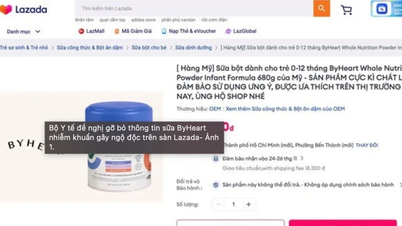

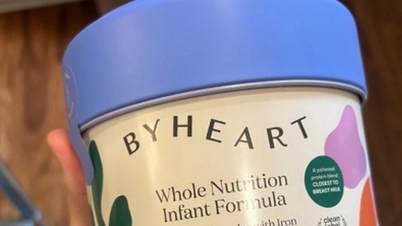

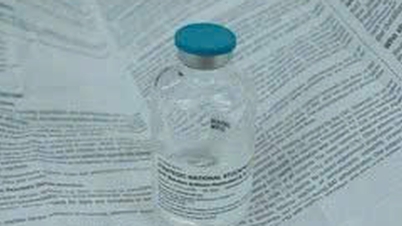

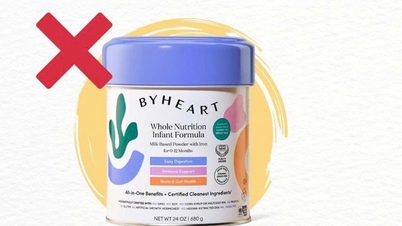


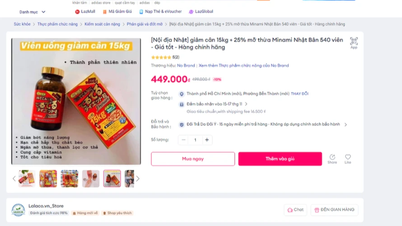











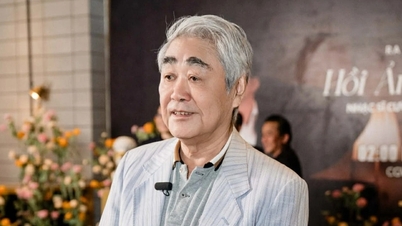


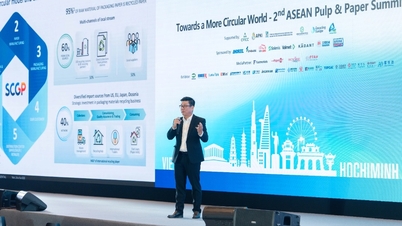






































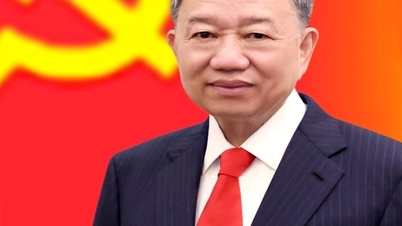

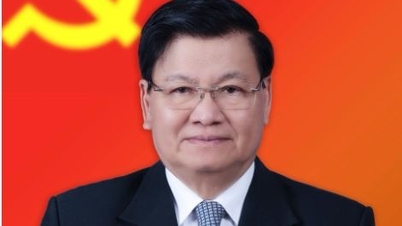
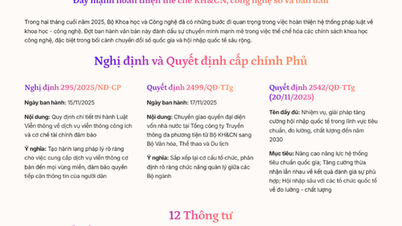

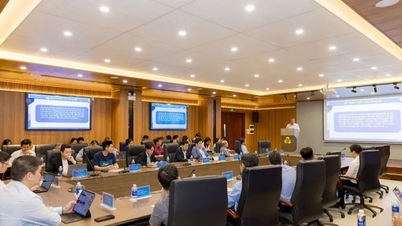




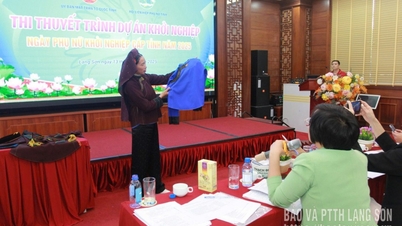



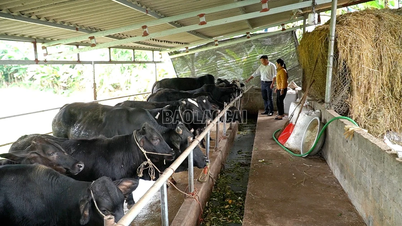


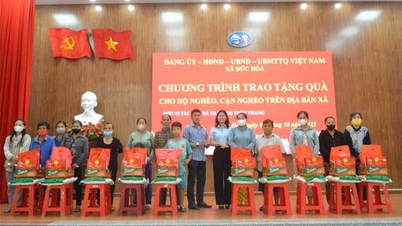












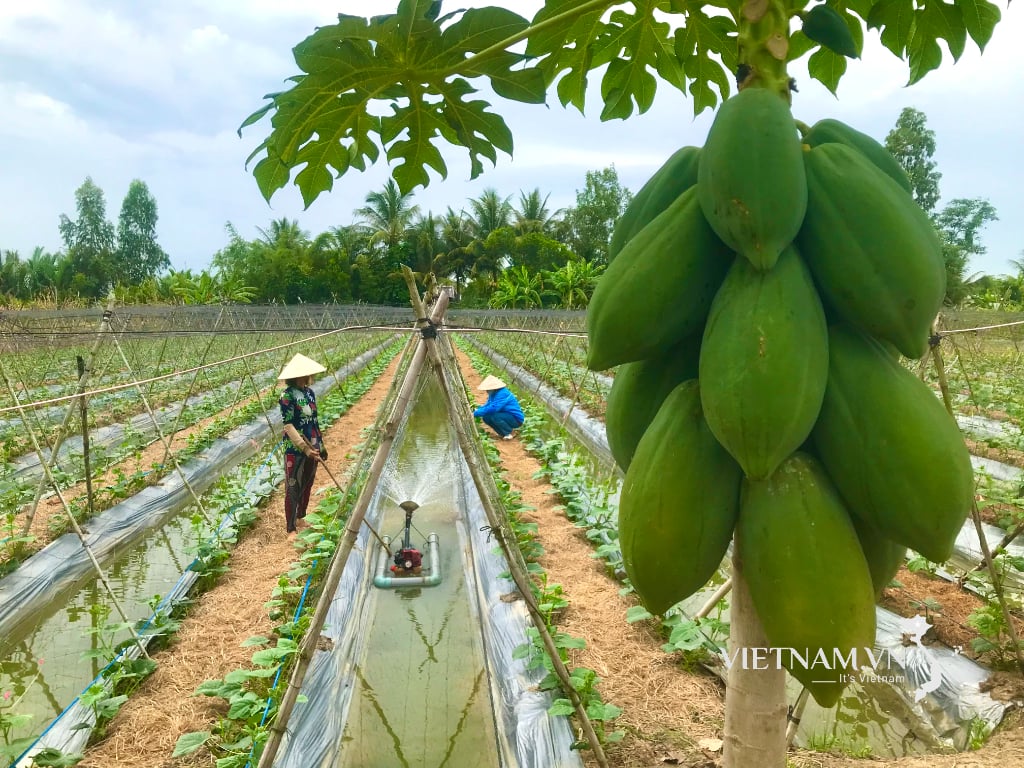

Comment (0)